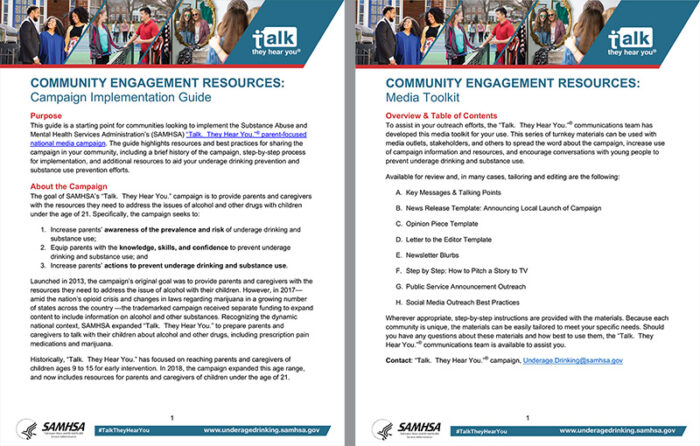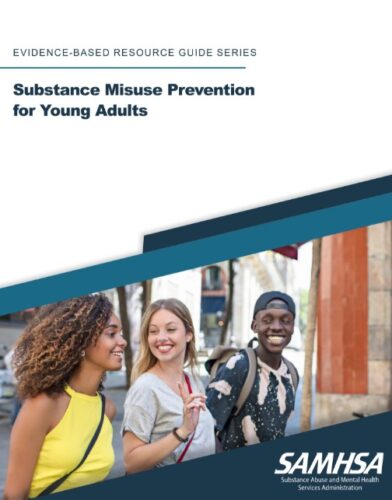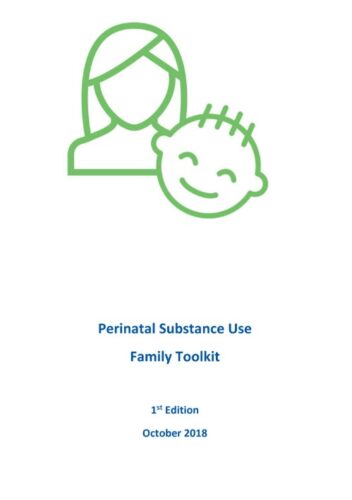Agency Logo & Name Policy & Procedure
Page 1 of 3
Category: Procedure No: OP-CLI-XXX
Department: Effective Date: Month XX, 2014
Mandated For: Revision Date: N/A
Mandated For: Next Review: Month XX, 2014
Exec. Approval:[SIGNATURE]
Exec. Approval: [SIGNATURE]
Medication Education, Consent, and Training
PURPOSE
To serve as a legal record of the client’s agreement to take psychiatric medication as part of a treatment regimen.
To certify that the client has been informed about the medication as prescribed in the [NAME] County (SCC) Behavioral Health Services Department (BHSD) “Consent of Outpatient Medication.” To ensure staff receive ongoing education and training in pharmacology.
POLICY
It is the policy of [AGENCY NAME] to ensure that appropriate education and ongoing training is provided to the clients, family members, and service providers regarding the practice of prescribing and dispensing medication, the conditions for which medication use is indicated, and the impact the medication may have on an individual’s disability and/or quality of life.
Voluntary clients of SCC BHSD have the right to information regarding medication and have the opportunity to give written consent for medications prescribed.
It is a client’s right to refuse medication at any time by telling the physician or other member of the treatment staff of such intentions. Clients cannot be refused other appropriate modalities of treatment solely on the ground that they will not take medication. Refusal to take medication, by itself, does not constitute a ground for initiating involuntary commitment.
The consent process must follow the [NAME] County procedure and includes the distribution of standard Department drug information sheets and the use of a standard consent form.
PROCEDURE
A. Psychiatrists will meet with all persons served and family members, when appropriate, prior to the initiation of any prescribed medications, to provide education regarding the medications that are chosen for use, its intended purpose, side effects, precautions, and risks.
B. Through the use of informed consent, consistent with their scope of practice medical staff will provide the persons served and their family members with education in the following areas:
1) The nature of their illness
2) Biological principles associated with the medications.
3) The risks and side effects of each medication, including long-term side effects.
4) The type(s) of medication being recommended and the intended benefits.
5) Contraindications associated with the medications.
6) Possible adverse interactions between multiple medications and food.
7) Risks associated with pregnancy.
8) The amount (dose and how often dose may be administered) of medication.
9) The importance of taking the medications as they are prescribed.
10) Laboratory monitoring, if appropriate.
11) The rationale for the medications, including the likelihood of improving with or without the medication.
12) Alternative treatment available other than the use of medications.
13) Alternative medications.
14) Signs of relapse and/or non-adherence to medication prescriptions.
15) Potential drug reactions when combining prescription, non-prescription medications or
illicit drugs.
16) Instruction on self-administration, when applicable.
C. The treating psychiatrist is required to complete the SCC consent for medication form after the client has received an explanation of the conditions of treatment in a language that the client understands.
The form will also contain specific information in the area of precautions regarding the use of medications by women of childbearing age, the use of medications during pregnancy, and special dietary needs and restrictions are associated with the use of the medications.
Psychiatric medication may be administered to minors only with the consent of a parent or legal guardian, unless the minor has been declared emancipated by the courts. therefore, the legal guardian must sign the consent when applicable. in the case of clients with an LP’s conservator, the form must be signed by the client’s legal guardian.
This form must be updated each time a new therapeutic class of medication is ordered.
If a client is unwilling/unable to sign the consent, but desires to take the medication, he/she should be given the appropriate drug information and a notation should be made at the bottom of the consent form. Routine attempts to obtain the client’s signature should be made in subsequent visits.
A client may withdraw consent at any time by informing his/her physician. The reason for
withdrawal of consent shall be documented in the progress notes, and the physician must
discontinue the medication. If the client subsequently consents to resume medication, the physician shall indicate such in the progress note and orders.
Completion of the consent form does not displace the need for the prescriber to write a progress note at each client contact. The consent form shall be permanently filed in the client’s electronic medical health record and chart.
D. The client and their family members will receive ongoing education concerning their medication at a minimum of every 90 days during the quarterly medication review process. As per the medication documentation policy and procedures, a quarterly medication review will be completed
every 90 days and will include the following information:
1) The person’s name and ID/social security number.
2) Documentation of the need for continued use of medication.
3) Current medication prescribed.
4) Documentation of any unusual side effects and management strategies for control of side effects.
5) Documentation of any contraindications associated with the medication.
6) Documentation that all unusual side effects and contradictions have been discussed with
the person served.
7) Observations related to continued medication use and the observed behavior of the person served.
8) Signature of physician, credentials, date, and printed name.
E. The treating psychiatrists, qualified and staff licensed to prescribe medications, will maintain continuing education and training associated with licensure and certification requirements and maintenance of best practices in the field of psychopharmacology. all staff members involved in
medication services (Psychiatrists, RN, and LPT) will maintain performance objectives on a yearly basis associated with medication treatment guidelines and protocols.
F. staff will receive ongoing education and training in pharmacology.
1) Clinical staff in the adult division will be assigned a Learning Management System course when hired and annually titled [ENTER TITLE].
2) Clinical staff in the children’s division will be assigned a Learning Management System
course when hired and every other year, titled [ENTER TITLE]. Additional courses and
course information can be located on the Learning Management System.


